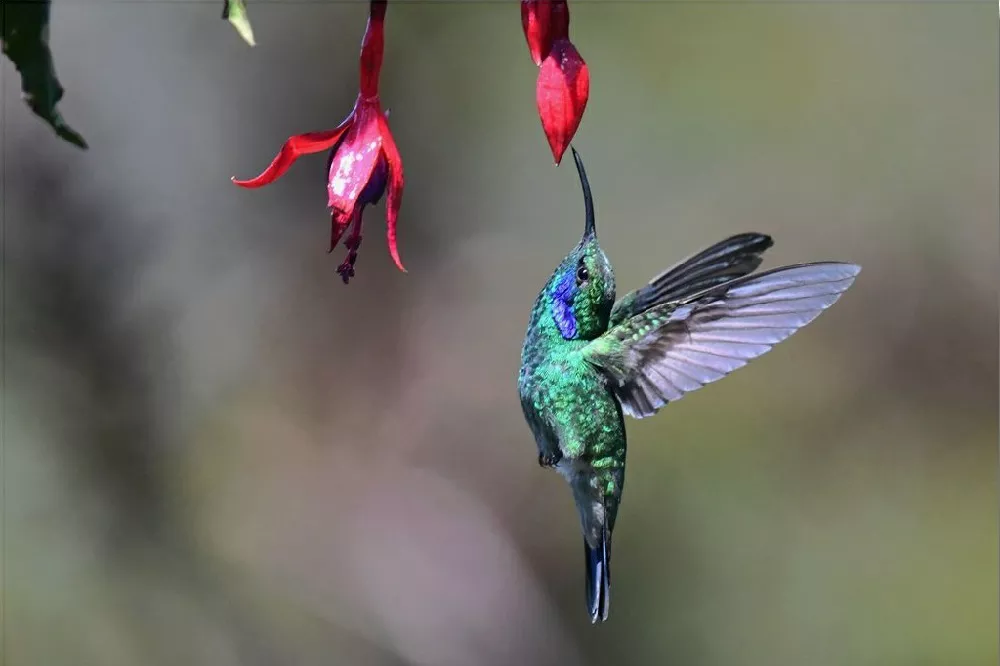Hummingbirds are fascinating creatures that capture the attention of bird enthusiasts worldwide. These tiny birds are known for their stunning colors, hovering flight, and their remarkable ability to move their wings at an incredibly high speed. However, have you ever wondered how these little birds sleep?
Hummingbirds have unique sleeping habits that set them apart from other birds. Unlike most birds, hummingbirds do not build nests to sleep in at night. Instead, they rely on a unique sleeping technique that allows them to conserve energy and stay safe from predators.
Hummingbirds sleep in a state of torpor, which is a state of reduced metabolism and lowered body temperature. This state is similar to hibernation, but it is not the same. During torpor, a hummingbird’s heart rate can drop from over 1,200 beats per minute to as low as 50 beats per minute, and their body temperature can drop by as much as 50 degrees Fahrenheit.
Hummingbirds enter torpor each night to conserve energy, as they need to burn a significant amount of energy during the day to sustain their high metabolism. They also enter torpor during periods of low food availability, such as when flowers are scarce or during migration.
When a hummingbird enters torpor, it reduces its energy consumption by up to 95 percent, allowing it to survive for long periods without eating. This state also helps hummingbirds avoid predators, as they become less active and more difficult to detect.
Hummingbirds prepare for torpor by eating a lot of food before they settle down for the night. This food is used to build up their fat reserves, which they burn during torpor. Hummingbirds typically choose a roosting spot that is sheltered from the wind and predators, such as the branches of a tree or a leafy plant.
When a hummingbird enters torpor, it tucks its bill and feet under its body and fluffs up its feathers to create a protective layer of insulation. Hummingbirds can remain in torpor for several hours each night, and they can quickly awaken if there is a threat or if food becomes available.
In conclusion, hummingbirds have a unique sleeping habit that allows them to conserve energy and stay safe from predators. They enter a state of torpor each night, reducing their metabolism and body temperature to conserve energy. This state also helps them avoid predators, as they become less active and more difficult to detect. Hummingbirds are fascinating creatures, and their sleeping habits are just one of the many remarkable things about them.


 Facebook
Facebook  Instagram
Instagram  Youtube
Youtube 